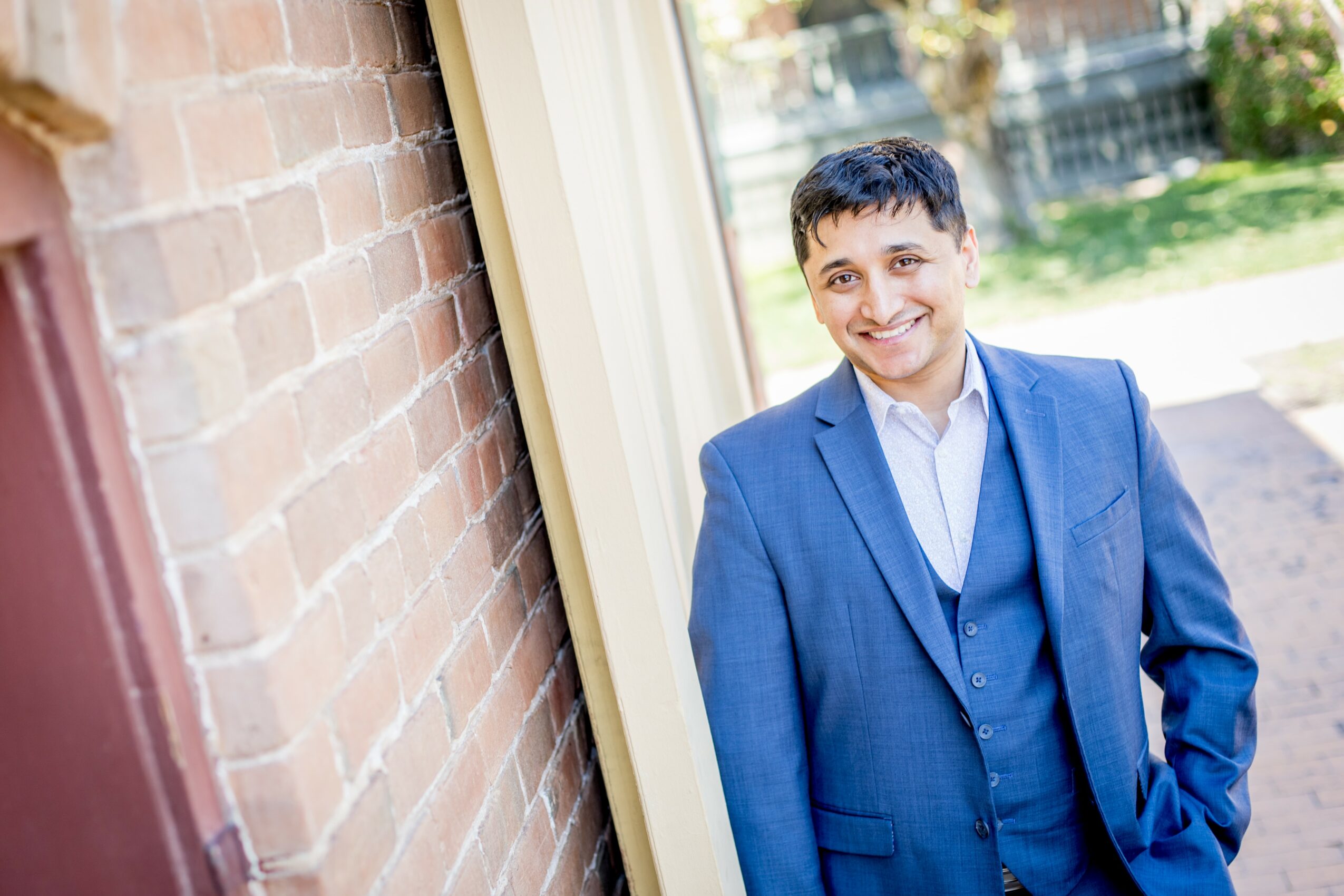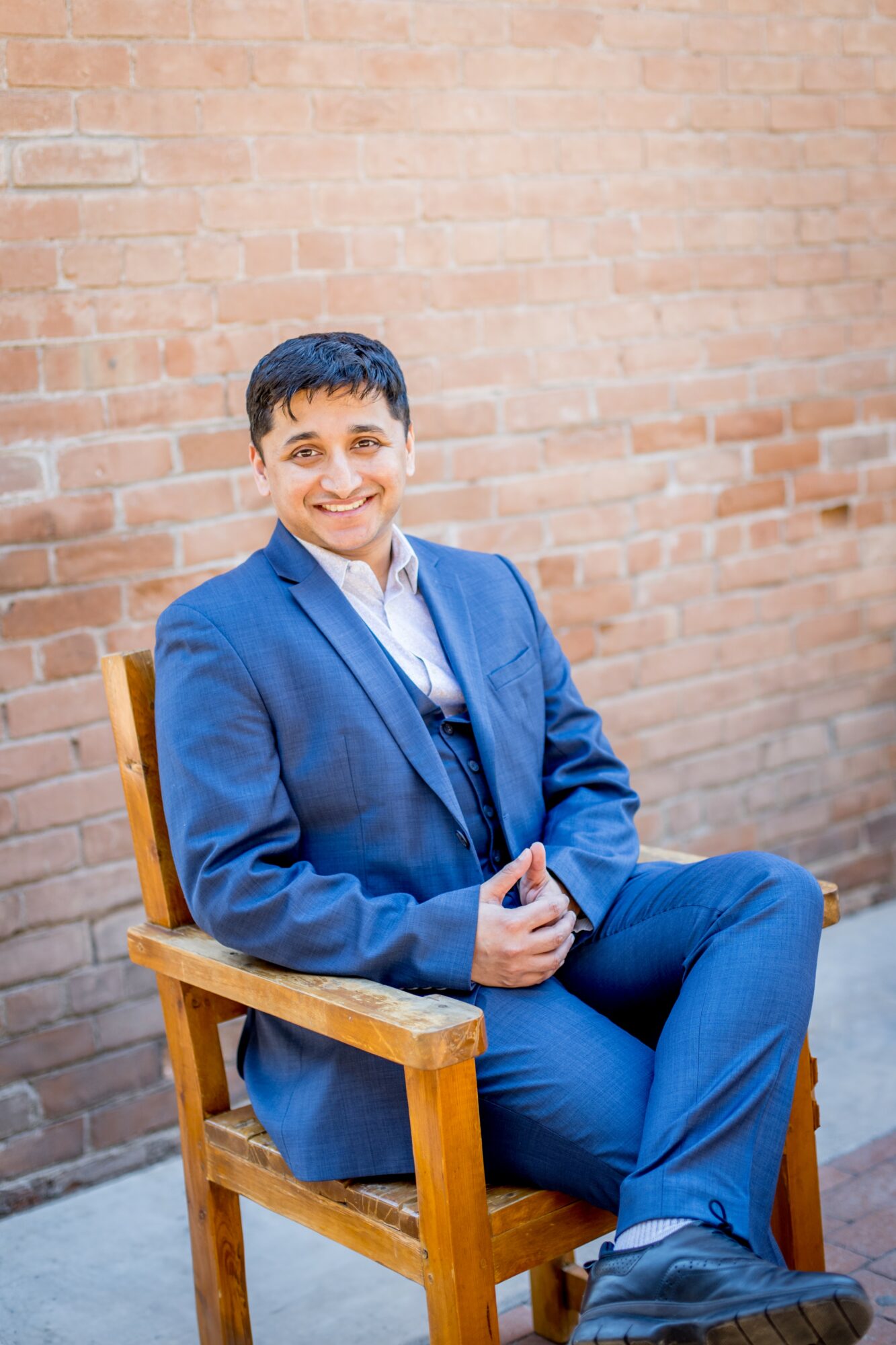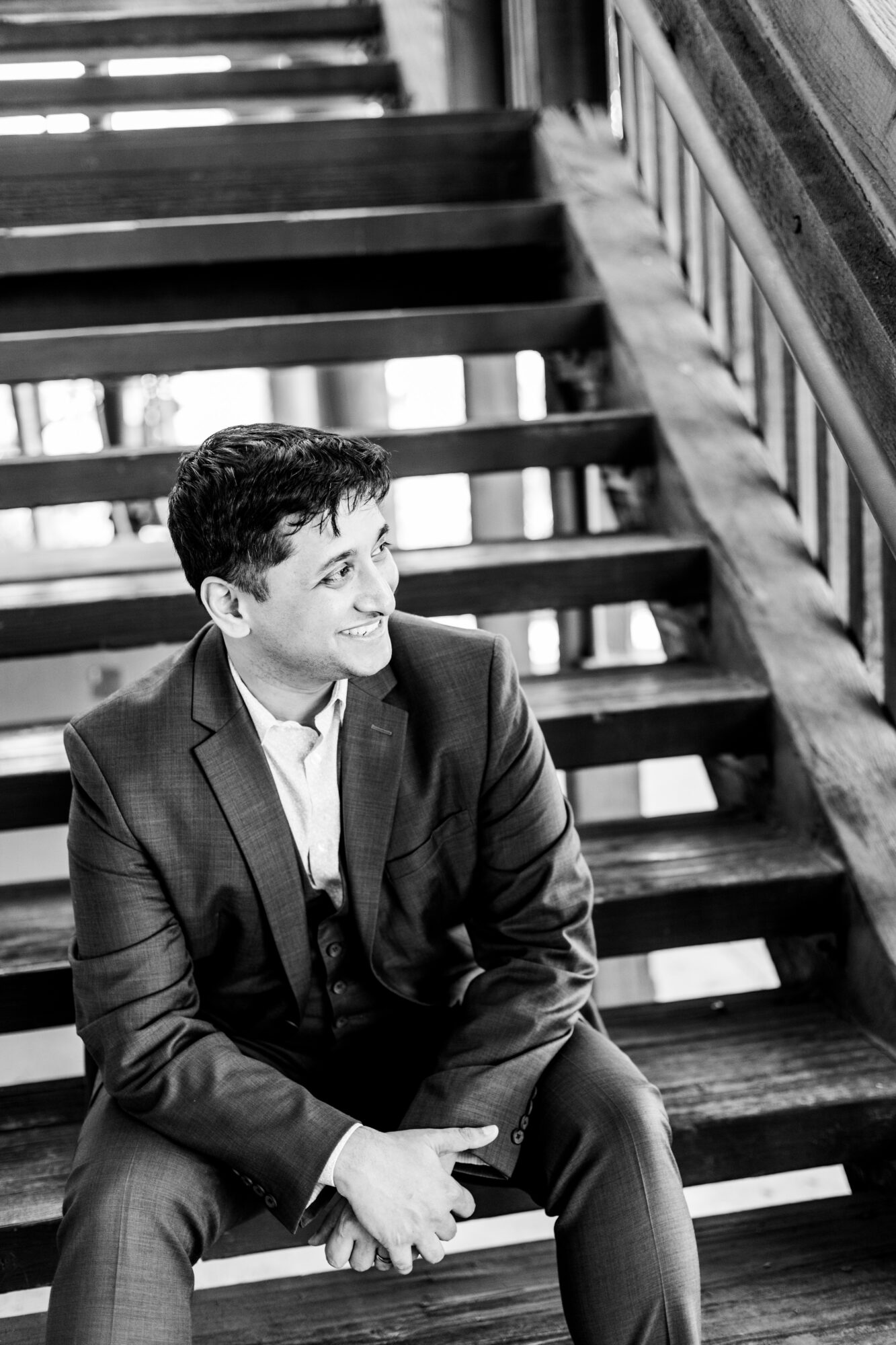

Today we’d like to introduce you to Abilash Pulicken
Hi Abilash, please kick things off for us with an introduction to yourself and your story.
I remember my earliest days as a clinician – I was a young (and honestly, frightened) intern in early 2011, and I felt like working with people’s problems in “the real world” felt worlds different that dissecting and discussing case studies under the watchful eyes of my professors. Those early days in the field were a trial, largely because I refused to understand that work in our field is a marathon, not a sprint. My clients loved me because I was passionate, and showed up ready to give 100% every day. I took few real breaks, and dove headfirst into work with individuals and populations that intimated seasoned clinicians – court mandated s*x offenders, homeless individuals, domestic violence victims and abusers, high-conflict couples, etc. with gusto. If this were a movie, I would have persevered, and overcome through the merits of my passion alone. In reality though, I crashed and burned out. I knew the work was going to be hard, but it turned out that I had not really bargained for just how hard the work was going to be.
Armed with the unshakeable confidence and energy of youth however, I course corrected (slightly), and took on my first full time job as a clinician shortly after I graduated with my Masters in Professional Counseling – I became a counselor that worked on the San Carlos Apache Reservation in San Carlos, Arizona. I worked during the schools during the school year, and in tribal summer camps in the summer. During the four-and-a-half years I worked at the reservation, I began the journey towards becoming the clinician I had always wanted to be – I still made plenty of mistakes in those early days, but learned, grew, and evolved after every big and small mishap. The work on the reservation is some of the toughest and most fulfilling work that I’ve ever done, and the families I got to know during my time there changed the way that I looked at myself and the world as a whole forever. My time on the reservation birthed my passion for advocacy work, and I’ve remained involved in advocacy for marginalized groups ever since.
I moved to Atlanta in May 2016 to support my then fiance (now wife) as she began a Masters’ Program at Emory University. The move marked a shift in the type of work I did as a clinician – I was hired as the sole clinician at NAESM Inc., an Atlanta-based non-profit that provides STI/HIV testing, housing assistance, medication assistance, resource support and mental health/substance abuse counseling support primarily to members of the city’s HIV-positive Black LGBTQ population. Like my work on the reservation, the work at the agency was challenging but transformative.
During this time, I also began work at T2S Enterprises, a local private practice that empowered me to both grow as a clinician and hone a different set of skills that I had not previously explored – TV work. Divorce Court is a long-running court TV series that began filming at Atlanta’s Tyler Perry studios around 2018. I initially represented the agency as an off-screen mediator for couples featured in the show during Judge Lynn Toler’s tenure with the program. The experience was fulfilling, and novel, but I didn’t really think that it would lead to much. The work was seasonal after all, and I was one face amongst many in what was a huge production.
My involvement in the show changed drastically when Judge Faith Jenkins took over around 2020. Faith offered me the chance to shine as an on-screen subject matter expert and take on a much more involved role backstage. I featured in about twenty or so aired and unaired episodes overall, but eventually ended up walking away from the production when I chose to leave T2S Enterprises to create my own private practice.
The idea of creating my own private practice was actually something that I actively against for several years. Both my parents were business owners which, when paired with an immigrant work ethic, meant that their lives were ultimately dominated by work. I saw both the joys and miseries linked to business ownership, and in my eyes, the latter far outweighed the former. The COVID-19 pandemic changed everything however – it underscored the need for mental health services amongst South and East Asian diasporas, and I was genuinely curious about what it would like to work in a space where I was, for once, not a minority.
I launched Garuda Counseling on April 1, 2022. I picked April Fool’s Day to be my first day as an independent practitioner, because I had no way of knowing whether or not this whole thing was a fool’s errand. Unlike my industrious polyglot of a father, I had no mind for business, and I desperately hoped that the product – my own personal brand of counseling shaped by a complicated and unique combination of lived and work experience would compensate for my glaring lack of business acumen. Much to my surprise (and apparently nobody else’s), my fledgling business has been successful beyond my wildest dreams.
Most of the people I work with are first-and-second generation Caribbean, African, or Asian immigrants, but my practice is open to anyone I can positively impact with my skillset. My private practice work is some of the most fulfilling and difficult work I have ever done, and I feel truly privileged that I can continue to serve the people of Georgia while feeling personally and professionally affirmed. My work with NAESM Inc. has continued as well, albeit in a reduced capacity as I dedicate and more and more time to a creation that feels in every way like my life’s calling.
Would you say it’s been a smooth road, and if not what are some of the biggest challenges you’ve faced along the way?
I’ll be the first to admit that my road to becoming a fully-fledged clinician was not an easy one. I think all of us who choose to embark on a career in mental health are aware of just how difficult the work is going to be, but most of us are unprepared for how the work can be uniquely difficult – that is, aside from the challenges linked to the work itself, there are challenges to overcome on an individual level too.
Being an effective provider means being able to assess and manage your own limitations before being able to truly help others. Early on, I struggled with the idea of saying “no” when I was called on to serve. After all, how could I say no to someone who was clearly suffering in front of me? What a younger version of myself was loath to realize however, is that specializations exist for a reason – while many clinicians begin their work as generalists, almost all of us eventually end up choosing an area of work to specialize in, be it grief work, trauma work, working with seriously mentally ill individuals, etc. The reason for this is simple – attempting to be the perfect clinician to everyone who walks into your office is a surefire path to exhaustion and compassion fatigue (a state of emotional, physical, and mental exhaustion that can manifest in providers or other individuals who often care for others who are physical, psychological, or institutional suffering).
I think it took me two or three episodes of serious burnout to reassess and approach the work the clarity humility it deserves. Developing a community of trusted colleagues that support, challenge, and guide me has both helped me become a more effective and self-aware clinician that can better serve or provide effective referrals to the people who come to me for help.
As you know, we’re big fans of Garuda Counseling. For our readers who might not be as familiar what can you tell them about the brand?
Garuda Counseling is a practice that welcomes people from all walks of life, but is primarily focused on providing evidence-based, culturally-sensitive care to members of Asian, African, and Caribbean diasporas. My work in LGBTQ+ affirming spaces has carried over to my practice as well, and I proudly welcome and stand by individuals of all gender, sexual, and social identities.
Accessibility is a key component of my work, and I maintain a combination of cash-pay, insurance-pay, sliding scale, and pro-bono slots to ensure that people across cultural, social, and economic spectrum have access to high-quality care. I would also say that my own lived experience has ultimately proved to be an asset to my work – South Asian male talk therapists are relatively rare in our field, and my experiences both in and out of the therapy space means that I privileged enough to be able to create a safe, validating environment for people with diverse lived experiences.
We’d love to hear about any fond memories you have from when you were growing up?
The childhood memory that immediately comes to mind is a pretty clear one – it dates back to August 13, 1996, when I, as an excited eleven-year old arrived in the United States for the first time. Even back then, immigrating to this country signified something truly special, not just for the opportunities this country would one day provide me, but also for what such a move represented. It represented the first time in memory that the four members of my family would be together in one place for an extended period of time, but more importantly in also represented a opportunity to reinvent myself in a mysterious new home full of unique and overwhelming opportunity. The sensation is a difficult thing to put into words, even for someone who spends the entirety of his days talking and listening to others.
Pricing:
- Individual Counseling (cash pay) – $160 per hour
- Couples Counseling (cash pay) – $225 per 80 minute session
- Sliding Scale (limited availability) – $75 per hour
Contact Info:
- Website: https://www.garudacounseling.com/















